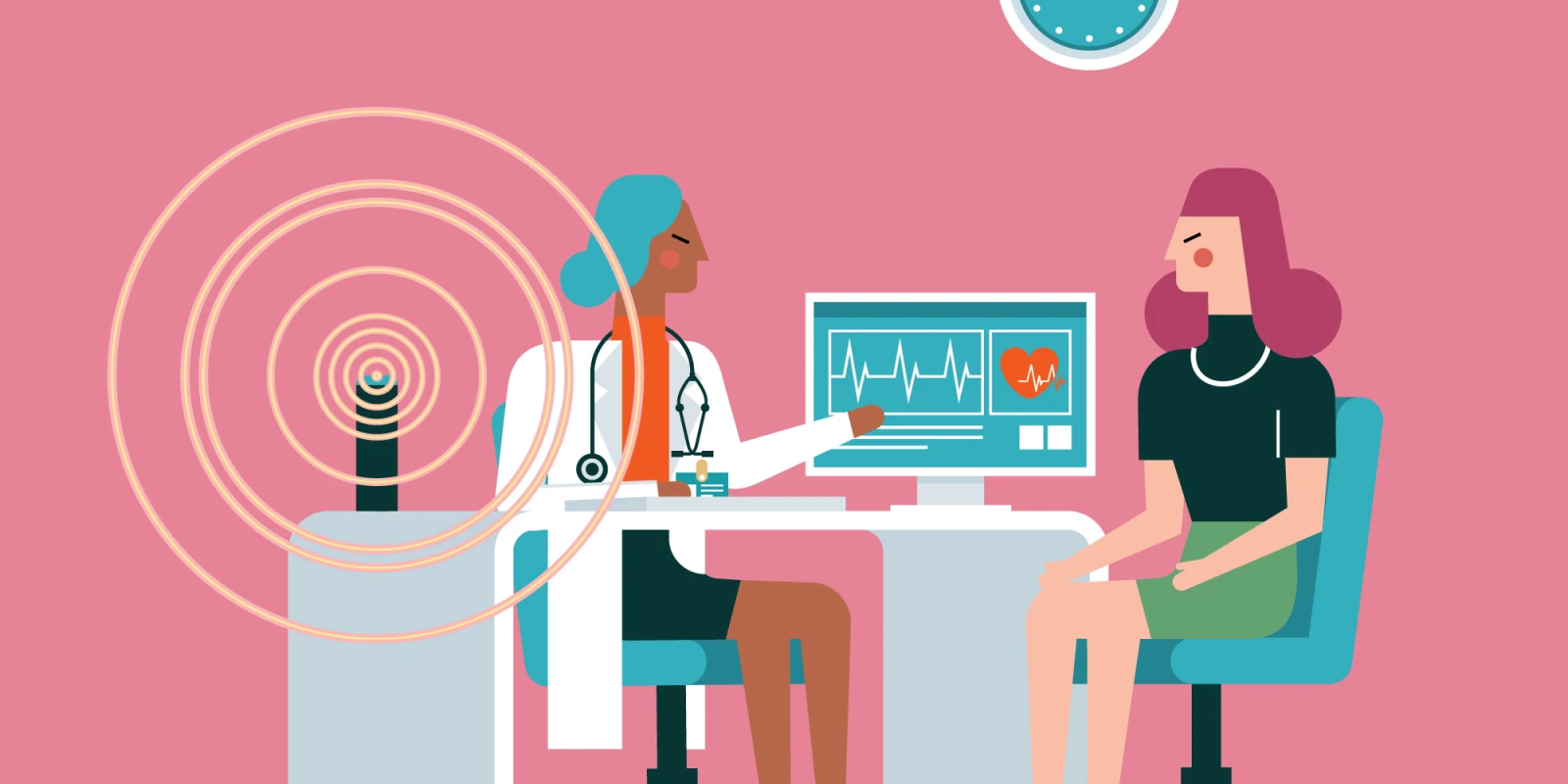
Digital Scribes are on the way!
Cerner recently announced its launch of Voice-Enabled Technology to Aid Clinician Burnout, courtesy of Amazon, who independently announced the deployment of Amazon Transcribe Medical, a service that will be compatible with Amazon Comprehend Medical, their EHR Data analysis (mining software).
I will call these systems, which record and analyze the conversations in the room and subsequently create a note and compare the note content with the entire EHR database, Voice and AI-Enabled EHRs (VAI-EHRs). As well-described in a recent Nature article, the technical challenges are significant. The marketing story, however, goes something like this:
- Physicians are burned out from EHR entry.
- To alleviate burnout, we are developing technology to record and process conversations in the exam room, so doctors can spend more time with patients and “look them in the eyes.”
- We may even be able to gain valuable insight from all this data, which will help doctors make better diagnoses and develop better treatment plans on the spot!
- This will make both physicians and patients happier!
Maybe.
I call this the “Star Trek Scenario.” You know when Dr. Leonard McCoy is having a three-way conversation with the computer and the patient to identify that rare treatment, which will save the patient, the ship, and the Federation? (Physician Trekkies: Who can forget Dr. McCoy’s diagnostic insight in “The Deadly Years,” in which he is reminded of the utility of adrenaline, allowing Kirk to become youthful again, so he can implement the Corbomite Maneuver against the Romulans?)
Bottom line: it's possible that we are moving toward a new, amazing high-tech EHR environment in which the medical chart is an extension of the clinician. But is it probable?
I doubt it.
Here are some questions we need to ask, several which center around how the data will be used to monitor physicians:
- Is there any evidence VAI-EHRs improve patient outcomes or decrease physician burnout?
- What will happen to the raw recordings, and will they be discoverable?
- Will the use of VAI-EHRs be optional (for either physicians or patients)? Will VAI-EHRs evaluate things other than words (e.g., tone of voice)?
- Will VAI-EHRs score charts? (Imagine: you may be able to get Press-Gainey-like scores on every chart to be compared with your peers!)
- What will VAI-EHRs’ first priority be — improving patient outcomes, maximizing billing, improving “efficiency” (also known as patient throughput), or decreasing physician burnout?
- Will VAI-EHRs offer real-time advice, and what happens if the doctor disagrees?
- Will VAI-EHRs expand or narrow workups?
- Will VAI-EHRs change the nature of that delicate interaction between patient and physician?.
- How will VAI-EHRs be used to monitor physician performance?
There are many questions, some difficult to answer, but one thing is certain: in order to answer them, we need to know who companies like Amazon think their “customer” really is. (Hint: The very delicate interaction between physicians and patients is the product, so it's unlikely either of them is Amazon’s customer!)
So, do I think VAI-EHRs will be savior or surveillance?
Personally, I believe the people who design EHRs and their AI software mining programs — and the COOs and CIOs who buy them — are generally good people who want to help both patients and physicians. That said, the cultural paradigm of “more data equals better health care” is so strong that VAI-EHRs are likely going to be used as a tool to control and monitor physicians.
The appetite for data, evermore data, is insatiable. Like it or not, most physicians may soon be faced with a choice: get surveilled, or get out.
Dr. Matthew Rehrl is a physician who has served in a C-Suite advisory role on social media within health care for over a decade. He is currently serving on The Mayo Clinic Social Media Advisory Board. His current focus is the ethics of AI in health care. He reports no conflict of interest. He is a 2018–19 Doximity Author. He can be found on matthewrehrl.com and @matthewrehrl.







